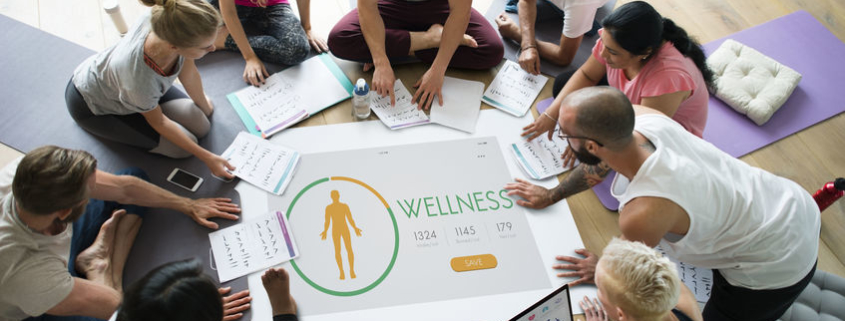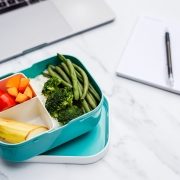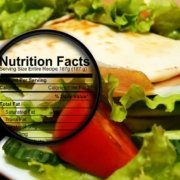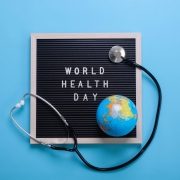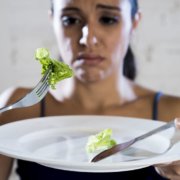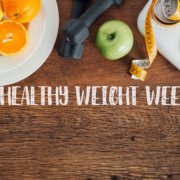Help and Support for Eating Disorders
The earlier an eating disorder is detected, the better the chance for recovery. It’s important to be familiar with the signs and symptoms of disordered eating. The first step towards positive changes is to recognize disordered eating behaviors. The second step is to reach out and tell someone that you trust. You can tell a close friend, family member, or a healthcare professional. Starting this conversation can be challenging, but you’re doing the right thing by asking for help and support and you should be proud of yourself.
Resources
The National Eating Disorders Association (NEDA) website offers a screening tool to determine if it’s time to seek professional help for an eating disorder.
For support, resources, and treatment options, individuals can contact the Helpline at (800) 931-2237. NEDA provides online forums accessible 24/7 for individuals and loved ones seeking to connect and communicate about the eating disorder recovery process. Additionally, they offer a support group finder to locate in-person and online support groups.
Managing an eating disorder requires a multidisciplinary approach involving a medical doctor, therapist, family members, and a Registered Dietitian Nutritionist (RDN). How can a Registered Dietitian help? Nutrition counseling is essential, and an RDN can assist individuals in challenging distorted thoughts about:
- Body image and weight.
- Exploring emotions and fears related to food and hunger.
- Achieving goals without fear of judgment.
It’s important to have a strong support system when recovering from an eating disorder. Schedule an appointment with your NOAH provider to help you make and stick to healthy habits.

